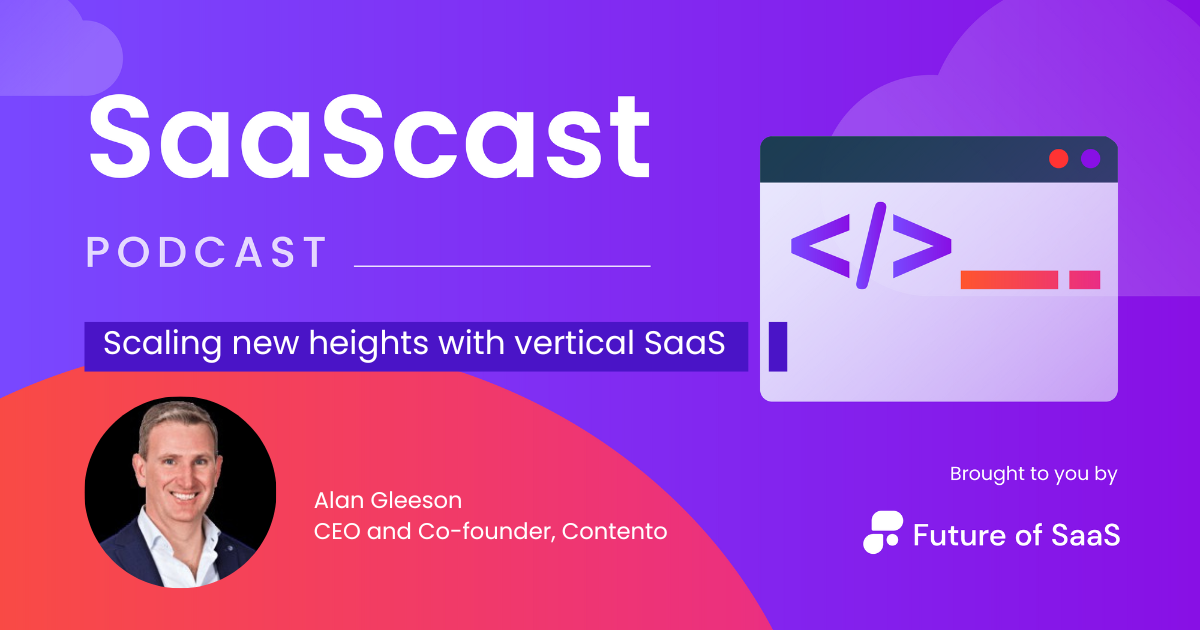Okay, so you’ve got a really great idea for a SaaS product; now it’s decision time, do you focus on building your solution in-house, spending money and resources on building out teams for each function, or do you instead outsource your product development to agencies?
The answer depends largely on the type of product you’re offering. We can’t give you a definitive answer either way, but we can guide you to the solution that might be right for you.
So, without further ado, let’s give you the low-down on outsourcing vs in-house development.
What is outsourcing vs in-agency development?
When it comes to deciding between hiring an agency or keeping things in-house for your development needs, there are some key differences to consider—like cost, timelines, flexibility, and dedication.
Now, if you decide to go with a software development agency, you can save some cash, get your product launched faster, and have more time to focus on other important aspects of your business.

But here's the catch: if you want to make changes or pivot down the line, it might be a bit trickier with a fixed scope, and the agency might not be as invested in your project as an in-house team would be. So, you need to make sure that your vision is clearly articulated to agencies.
On the flip side, going with an in-house development department gives you more freedom to tweak things on the go, more control over the process, and a team that's fully dedicated to your product and the problem you're tackling.
But keep in mind that it might take a bit more money and time to get your product off the ground using this approach.
The benefits of outsourcing
Focus on core offerings
When it comes to your SaaS product, outsourcing it to a software development agency can be a game-changer, especially if you don't have the right team in-house.
But here's the thing—even if you do have a super slick UI/UX and development department, outsourcing smaller projects can still be a smart move. It helps your team stay focused on core offerings and more pressing matters.
More cost-effective solution
Outsourcing is often a more cost-effective option. You don't have to worry about hiring expensive freelancers or setting up a whole in-house team. That means more savings for your business.
On average, this approach can slash your costs by up to 50% while still delivering top-notch SaaS products faster than the competition.
Free up your time
But that's not all. By outsourcing the development of your SaaS product, you can free up your time to tackle other critical tasks before the big launch—no need to go through the hassle of hiring, onboarding, and managing the project yourself.
Instead, you can rely on a trusted partner to handle all the development work. This way, you can invest your valuable time in marketing, business development, and legal matters to ensure a successful and smooth launch.

Benefits of in-house
Greater commitment to your product
Having a team of employees who live and breathe your product can work wonders. They're going to have that special spark of passion for your company and what it's all about. Plus, they're bound to be more in tune with your customers' pain points, which means they can tackle those challenges head-on.
They’re willing to go above and beyond for your project because they're totally committed to your company.
You have more control over your product
When you keep the development of your SaaS product in-house, you're the captain of the ship, calling the shots and steering the course.
Having a dedicated team on board means you have the freedom to smoothly sail through changes, introduce fresh designs, and expand the development as your product evolves.
Having an in-house team proves to be a real game-changer when you need to make a quick pivot with your product. They're right by your side, ready to adapt and make those necessary moves like a pro.
So, by keeping it in-house, you're not only taking control of your SaaS destiny but also setting yourself up for success in the ever-changing tech world.

The dangers of outsourcing
Let's talk about the downsides of outsourcing the development of your SaaS product. Before you make a decision between hiring an agency or building an in-house team, it's crucial to understand the risks involved.
Harder to implement changes
First off, outsourcing can make it trickier to implement significant changes when the need arises. One of the risks is that agencies usually provide proposals with fixed deliverables, timelines, and budgets.
So, if your product needs to pivot, you might find yourself in a situation where you have to renegotiate the terms of the contract with the agency to redefine the project scope. This shift can impact the timeline and budget, causing potential complications.
Possible lack of commitment from an agency
Another thing to keep in mind is that an agency team operates differently from an in-house team. While a development firm's team can certainly be passionate about your project, it's unlikely to match the same level of commitment and interest as an in-house department.
Agency teams often juggle multiple projects simultaneously, which brings diversity in experience. However, having an in-house team has the advantage of undivided focus solely on your project, ensuring a dedicated approach.
So, before you dive into outsourcing, make sure you weigh these factors and consider the pros and cons carefully. It's all about finding the right fit for your unique needs and goals.
The dangers of in-house development
It’s far more costly
First things first, let's talk about the costs. Developing your SaaS product in-house can quickly rack up overhead expenses that surpass the fees charged by an agency.
Payroll costs for UI/UX designers and software engineers can really add up, and let's not forget that these costs come with a long-term commitment of several months.
For a startup launching a new SaaS product, this can be a major financial burden and a risky move. Even hiring contractors can prove to be quite costly in the long run.

It takes a lot longer
But wait, there's more. Developing in-house also tends to take longer. If your company finds itself in the position of needing to recruit talent internally, you'll have to invest time in the hiring and onboarding process.
And let's face it, that's time you could have otherwise spent on actually developing the product itself.
On top of that, managing the product internally means you'll be more involved in decision-making, task management, and other aspects of project management.
This opportunity cost can have some adverse effects, as it may result in neglecting other crucial areas of your business, such as marketing and business development. And believe me, that can have a negative impact on your product launch.
Developing in-house can come with some hefty costs and time considerations that shouldn't be taken lightly. Be sure to assess the risks and potential trade-offs before making your decision.
Tl;DR
Pros of outsourcing
- It’s more cost-effective
- It allows you to focus more on your core offerings
- It frees up your time and resources, especially when it comes to training and onboarding staff
Pros of in-house development
- A more passionate team that really cares about your product and the growth of your organization
- More control over your product
- Far greater control of your product so that you can supervise development every step of the way.
- More freedom to implement changes to the product along the way
In short, there is no right answer, but be sure to weigh up the pros and cons and find the path that suits your product.





